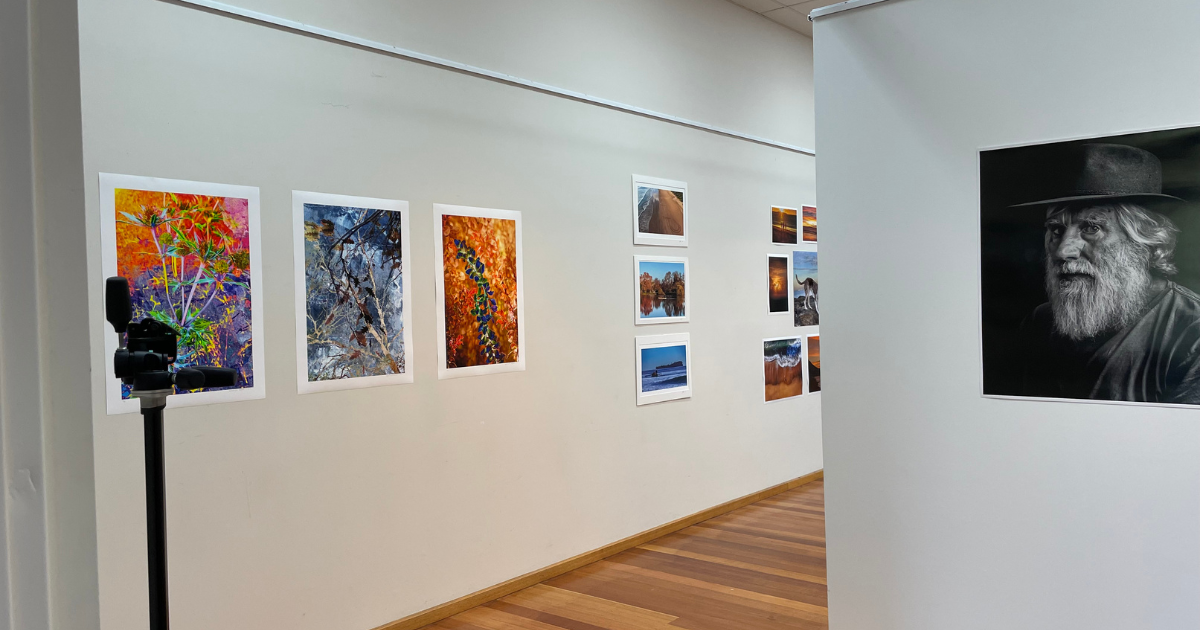Coastal communities demand global plastics treaty

Australian Marine Conservation Society plastics campaign manager Cip Hamilton said the UN session was dominated by chemical industry lobbyists. Photo: SUPPLIED
THE urgent need for a global plastics treaty has been starkly highlighted by the shocking findings of a recent beach clean-up in Torquay by the Surfrider Foundation.
During the Whites Beach clean-up in May, participants uncovered a distressing array of waste: polystyrene foam, cigarette butts, food wrappers, plastic lids, fishing line and even nurdles.
In the dunes, they found an extraordinary amount of drink bottles, cans, clothing, and other plastics.
Surfrider national campaign director Drew McPherson said plastic pollution was a global crisis affecting everyone.
“It’s drastically affecting our oceans, marine ecosystems, and even our own health as humans, particularly here in Australia where we are surrounded by the ocean.
“That’s why Surfrider Foundation Australia supports a Global Plastics Treaty. We need to tackle plastic pollution from every level, from a global, national and even a local level.”
The need for action was evident at the fourth session of the United Nations Environment Programme’s Intergovernmental Negotiating Committee (INC-4) in Ottawa, Canada in April, where Surfrider Foundation representatives participated.
The session aimed to work towards the development of a legally binding instrument on plastic pollution, known as the Global Plastics Treaty.
The gathering included representatives from environmental non-profits, environmental justice communities, industry lobbyists, and 170 UN member states.
Many countries are calling for significant, legally binding measures to reduce plastic production, but negotiations faced setbacks due to opposing views from some countries, including the United States, which wanted to focus on waste management solutions instead of production.
Australian Marine Conservation Society plastics campaign manager Cip Hamilton, who attended the session, expressed concern over the presence of fossil fuel and chemical industry lobbyists at the forum.
“They have a vested interest in ongoing plastics production,” she said.
“We know that 99 per cent of plastics are based on fossil fuels, so it was really concerning to have that many lobbyists there at a forum aimed at ending plastic pollution.
“There was some progress on the treaty text, but there is still significant work that needs to be done to finalise it by the end of the year.”
A spokesperson from the Department of Climate Change, Energy, the Environment and Water said the federal government had played a leadership role throughout negotiations and had co-chaired discussions at the past three negotiating committee meetings.
“Australia is advocating for an ambitious treaty that addresses the full life cycle of plastics.
“The meeting focused on negotiating text for parts of the proposed treaty, and reached agreement to also establish a legal drafting group and to progress intersessional work ahead of the fifth negotiating session, which will be held in the Republic of Korea in November this year.”
Mr McPherson said a global treaty was important, but everyone had a role to play.
“From a consumer perspective with what we purchase but also on a grassroots level with community initiatives like beach cleans, our local Surfrider branches are hosting beach cleans consistently right around the Australian coastline.
“Join your local branch and play your part.”

















